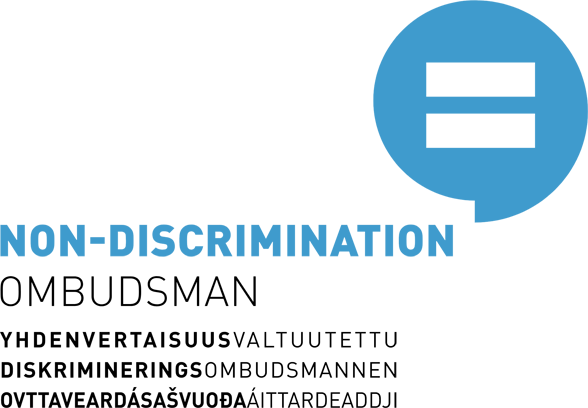The Non-Discrimination Act is changing on 1 June 2023 – amendments improve the legal protection of discrimination victims
A number of amendments to the Non-Discrimination Act will enter into force on 1 June 2023. The amendments will bring the monitoring of the Non-Discrimination Act within working life within the competence of the Non-Discrimination Ombudsman and extend the duty to promote equality and to implement plan to promote ewuality to early childhood education and care. The definition of harassment will also change, and education organisers will have a stronger obligation to address harassment. The Non-Discrimination Ombudsman finds that the amendments promote the realisation of equality and improve the legal protection of discrimination victims.
The purpose of the Non-Discrimination Act that entered into force in 2015 is to promote equality and prevent discrimination as well as to enhance the protection provided by law to those who have been discriminated against. Parliament adopted a partial amendment of the Non-Discrimination Act in November 2022, and the amendments will enter into force on 1 June 2023.
- The reform of the Act significantly improves equality, prevents discrimination and improves the legal protection of discrimination victims. The improvement of legal protection in working life is particularly significant. Studies show that minorities in particular face extensive discrimination in working life. We want to address discrimination in recruitment, for example, says Non-Discrimination Ombudsman Kristina Stenman.
The changes to the Non-Discrimination Act concern for example working life, education and the definition of harassment
The reform of the Act supports the prevention of discrimination and promotion of equality at the workplace. The Non-Discrimination Ombudsman's mandate will expand to working life. In future, the Ombudsman will have the mandate to supervise compliance with the Non-Discrimination Act also in individual cases of discrimination in working life. In other words, from 1 June 2023, people can contact the Non-Discrimination Ombudsman if they have experienced discrimination in working life or suspect such discrimination. This mandate is parallel with those of the occupational safety and health authorities. The supervisory mandate of the occupational safety and health authorities will also be clarified.
The obligation to promote equality, provided for in the Non-Discrimination Act, will be clarified in respect of what the authorities, education organisers and early childhood education and care organisers as well as employers have to take into account when assessing the state of equality in their organisation. This assessment must be made with regard to all the bases for discrimination referred to in the Non-Discrimination Act.
According to the amended Non-Discrimination Act, employers are also required to assess equality in recruitment, and the workplace equality plan must also include a report of the conclusions drawn from the equality assessment. Employers have a two-year transition period for drawing up the equality promotion plans.
The obligation to promote equality and draw up an equality promotion plan will be extended to early childhood education and care organisers and service providers. Equality promotion planning in early childhood education and care can prevent discrimination and promote equality and the realisation of the rights of the child. The equality promotion planning obligation is unit-specific, meaning that every early childhood education and care unit must draw up its own plan. The transition period for drawing up the plans is two years for early childhood education and care.
The definition of harassment will change so that harassment can also be committed against groups of people in addition to individuals. This means that, in future, the investigation of harassment will not require a specific individual, i.e. harassment victim, against whom harassment is suspected. Furthermore, the responsibility of early childhood education and care organisers and service providers as well as education organisers for addressing harassment that they are aware of will be increased and clarified. If the organiser of education or early childhood education and care neglects their duty to take action to eliminate harassment, they will be guilty of discrimination.
The section concerning reasonable accommodation will be clarified in the amended Non-Discrimination Act. In the amended Act, reasonable accommodation specifically applies to the contents of services provided by an authority. The needs of the person with disabilities shall be the primary basis for assessing reasonable accommodation.
Furthermore, the amended Act allows a matter to be referred to the National Non-Discrimination and Equality Tribunal without specifying an individual victim. The National Non-Discrimination and Equality Tribunal will be able to recommend the payment of compensation to victims of discrimination or reprisals in future as well.
15.05.2023



